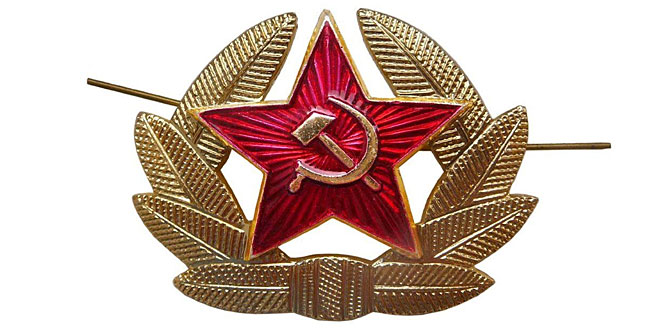Question: Define Russian Steam Roller.
Answer: The imperial Russian Army came to be known as the ‘Russian Steam Roller’. It was the largest army force in the world.
Question: What were the social, economic and political conditions in Russia before 1905.
Answer: The social, economic and political conditions in Russia, before 1905 was quite backward. Social inequality was very prominent among the working class. Workers were divided on the basis of their occupation. Workers whose jobs needed skill and training considered themselves on a higher plane than the untrained worker. Workers had strong links to the villages they came from and this also caused a social divide among workers.
Economically Russia was going through a very difficult period. The population had doubled and the economic conditions turned from bad to worse. The government introduced new programmes of industrialization which created employment . This Industrialization did not help the workers who were exploited and their living condition only worsened.
Compared to other European nations, Russia was politically backward, during the thirteenth century. All political parties were illegal in Russia before 1914. The Russian peasants formed the Socialist Revolutionary Party in 1900, but as they were not a united group they were not considered to be part of a socialist movement.
Question: Describe the global influence of the Russian Revolution and the USSR.
Answer: The Global Influence of the Russian Revolution and the USSR:
Existing socialist parties in Europe did not wholly approve of the way the Bolsheviks took power – and kept it. However, the possibility of a workers state fired people’s imagination across the world. In many countries, communist parties were formed – like the Communist Party of Great Britain. The Bolsheviks encouraged colonial peoples to follow their experiment. Many non-Russians from outside the USSR participated in the Conference of the Peoples of the East (1920) and the Bolshevik-founded Comintern (an international union of pro-Bolshevik socialist parties). Some received education in the USSR’s Communist University of the Workers of the East. By the time of the outbreak of the Second World War, the USSR had given socialism a global face and world stature.
Yet by the 1950s it was acknowledged within the country that the style of government in the USSR was not in keeping with the ideals of the Russian Revolution. In the world socialist movement too it was recognized that all was not well in the Soviet Union. A backward country had become a great power. Its industries and agriculture had developed and the poor were being fed. But it had denied the essential freedoms to its citizens and carried out its developmental projects through repressive policies. By the end of the twentieth century, the international reputation of the USSR as a socialist country had declined though it was recognized that socialist ideals still enjoyed respect among its people. But in each country the ideas of socialism were rethought in a variety of different.
Question: Why did war Karl Marx want to overthrow capitalism?
Answer:He didn’t. Marx thought that capitalism was the pinnacle of human social development at the time when he was writing. He believed it had done more to alleviate suffering and create possibilities than virtually any other development in social organization. This is the vital difference between Marxism and pre-Marxist or anti-Marxist left wing movements, which still exist today under a vague “anti-capitalist” umbrella. They oppose capitalism, Marx did not.
However, he also saw what he believed to be internal contradictions within capitalism that would eventually lead to its downfall. Most people today believe that his reasoning in this respect was wrong, even if they believe capitalism has internal contradictions. Marx thought the rate of profit would decline and eventually the working class would revolt as their wages were squeezed. His vision of socialism was a way to preserve the capital accumulation that is the great virtue of capitalism, but eliminate the profit motive.
 Class Notes NCERT Solutions for CBSE Students
Class Notes NCERT Solutions for CBSE Students





